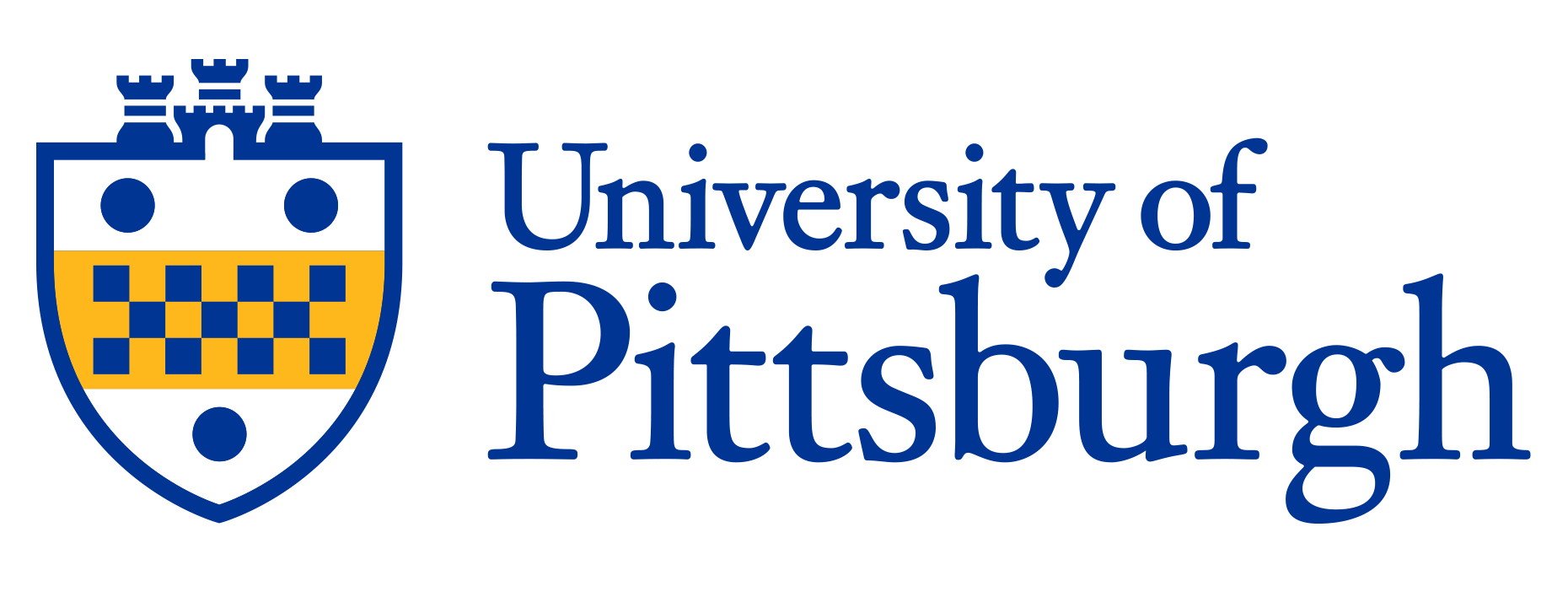Big Research, Big Proposals, and Partnering for Global Impact:
A Conversation with Rob Rutenbar
at the University of Pittsburgh

The University of Pittsburgh surpassed a landmark $1 billion in research-based expenditures in fiscal year 2022, placing it alongside elite institutions such as Johns Hopkins, Harvard and Stanford universities. Pitt also ranked #3 in funding from the National Institutes of Health–another record.
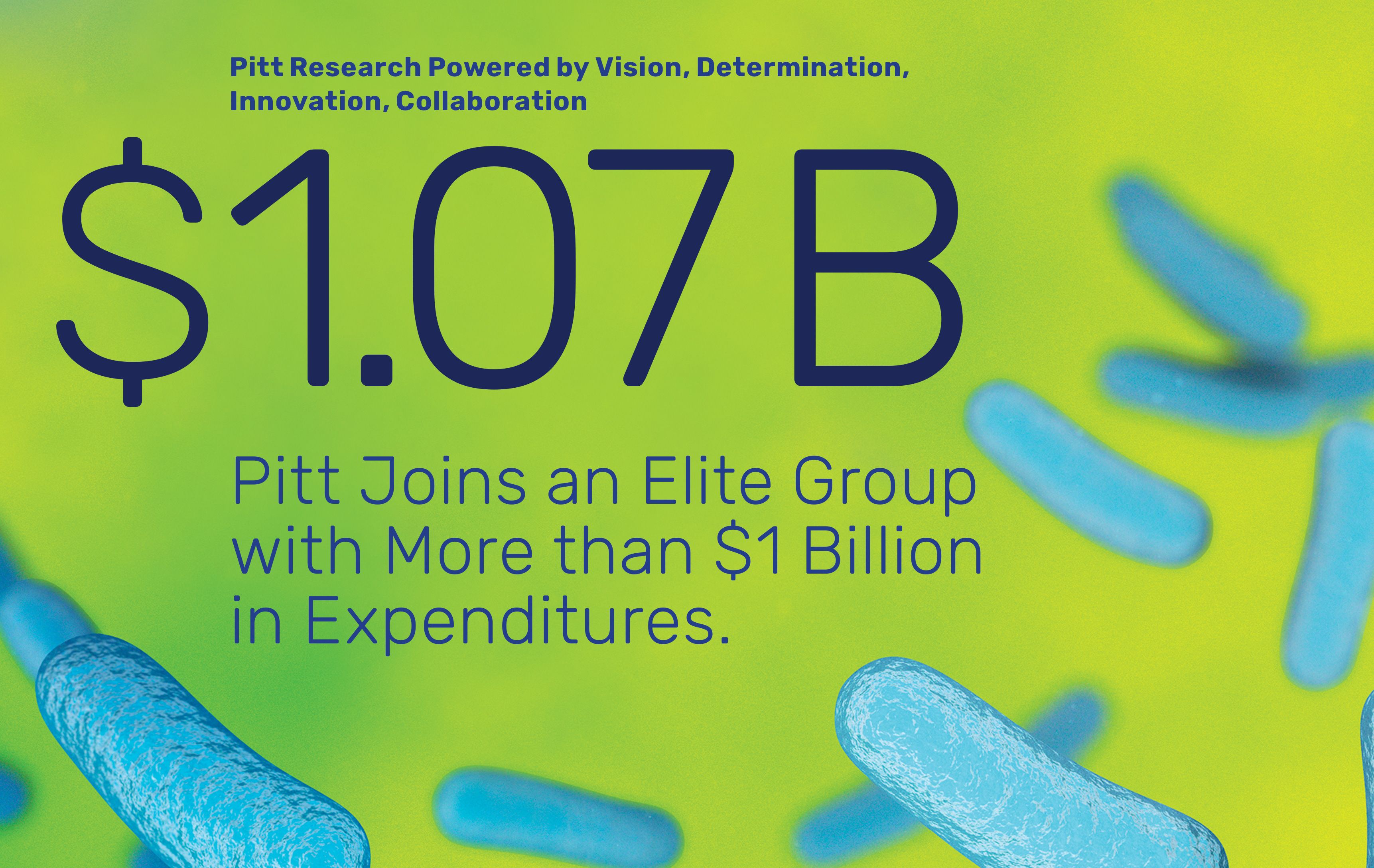
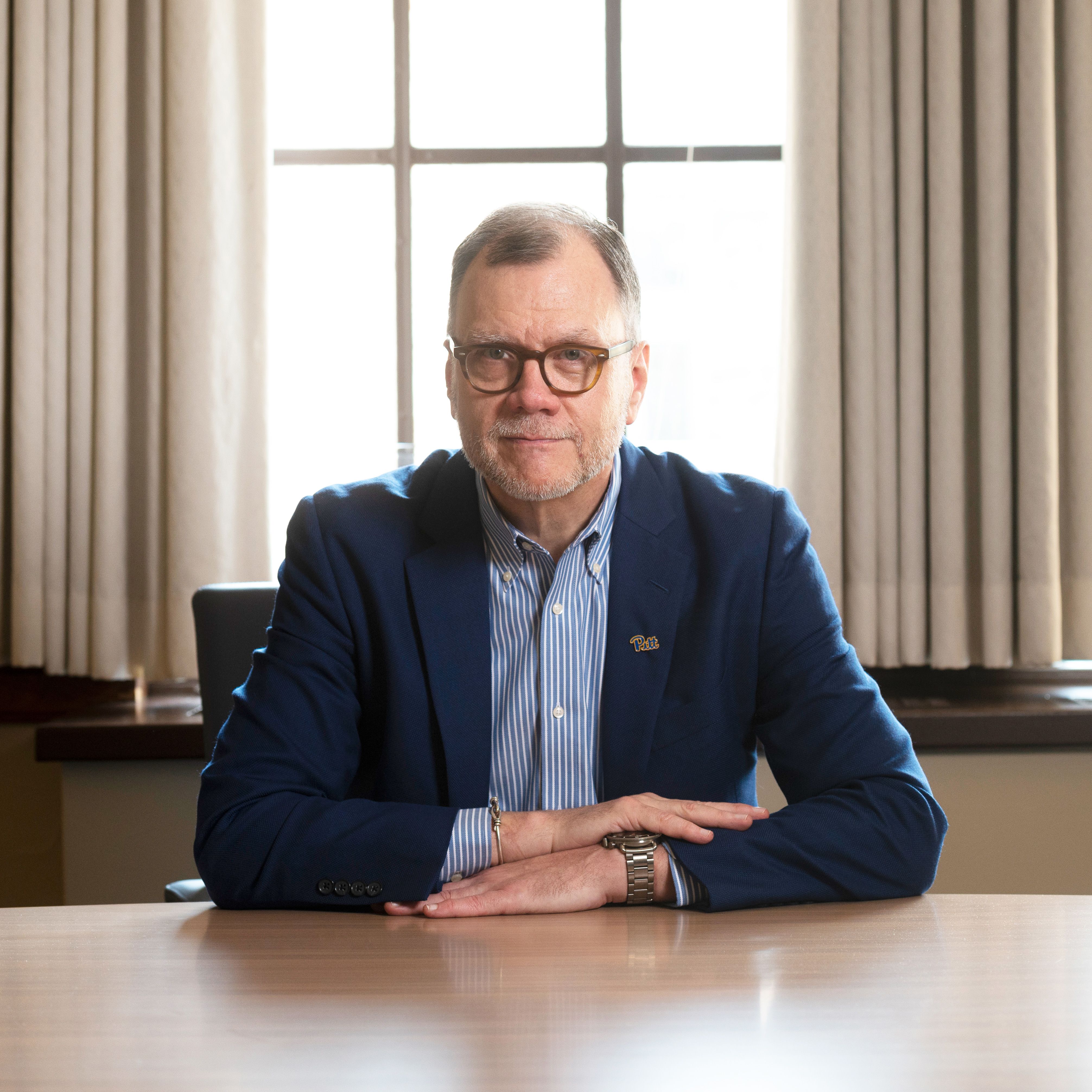
Rob A. Rutenbar, Senior Vice Chancellor for Research, University of Pittsburgh
Rob A. Rutenbar, Senior Vice Chancellor for Research, University of Pittsburgh
Big research doesn’t just magically happen.
Rob Rutenbar, senior vice chancellor for research and professor of computer science and engineering, offers a behind-the-scenes look at one way Pitt nurtures collaboration and teaches faculty how to build big grant proposals: a yearly Bootcamp. One success story is Dr. Melissa Bilec, whose team won $2.54 million from the National Science Foundation for a set of proposals on designing products and materials that can be cycled back into production rather than being disposed of as waste.
1. What is unique about how Pitt researchers innovate?
The barriers to lateral collaboration are low. Our six Schools of the Health Sciences collaborate across different fields (dentistry, medicine, rehab) frequently, and our bioengineering department is often in intense collaborative activity with the medical school. If researchers remain siloed, there’s a certain shape of work that can happen. But scaling up—with people who don’t look like you or do the same things you do—often results in a decidedly different outcome.
Office of the Senior Vice Chancellor for Research Annual Report 2021-22 pittresearchannualreport.com
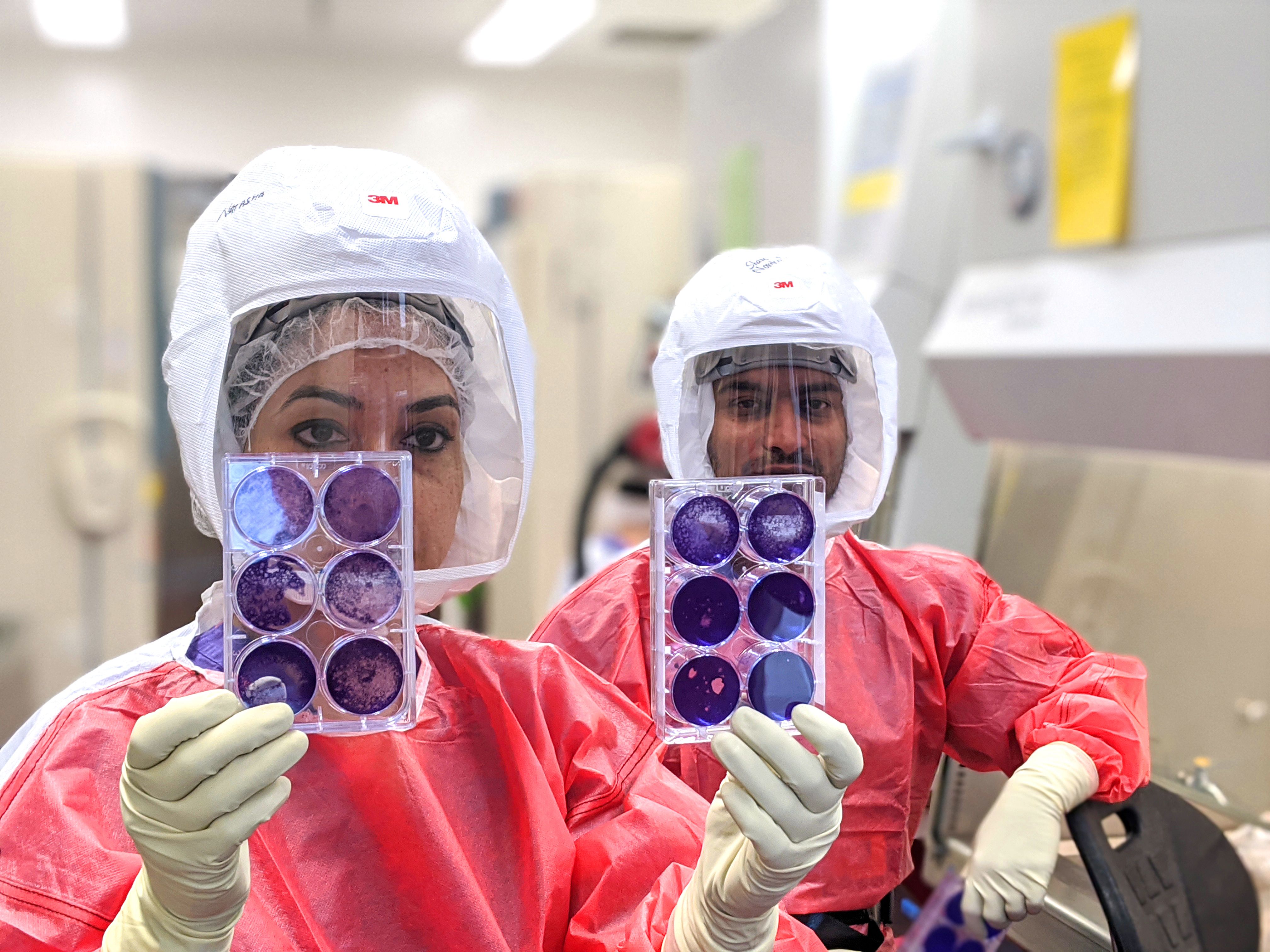
The University of Pittsburgh was one of the first institutions to receive samples of the novel coronavirus from the Centers for Disease Control and Prevention to begin work on preventing spread of the virus.
The University of Pittsburgh was one of the first institutions to receive samples of the novel coronavirus from the Centers for Disease Control and Prevention to begin work on preventing spread of the virus.
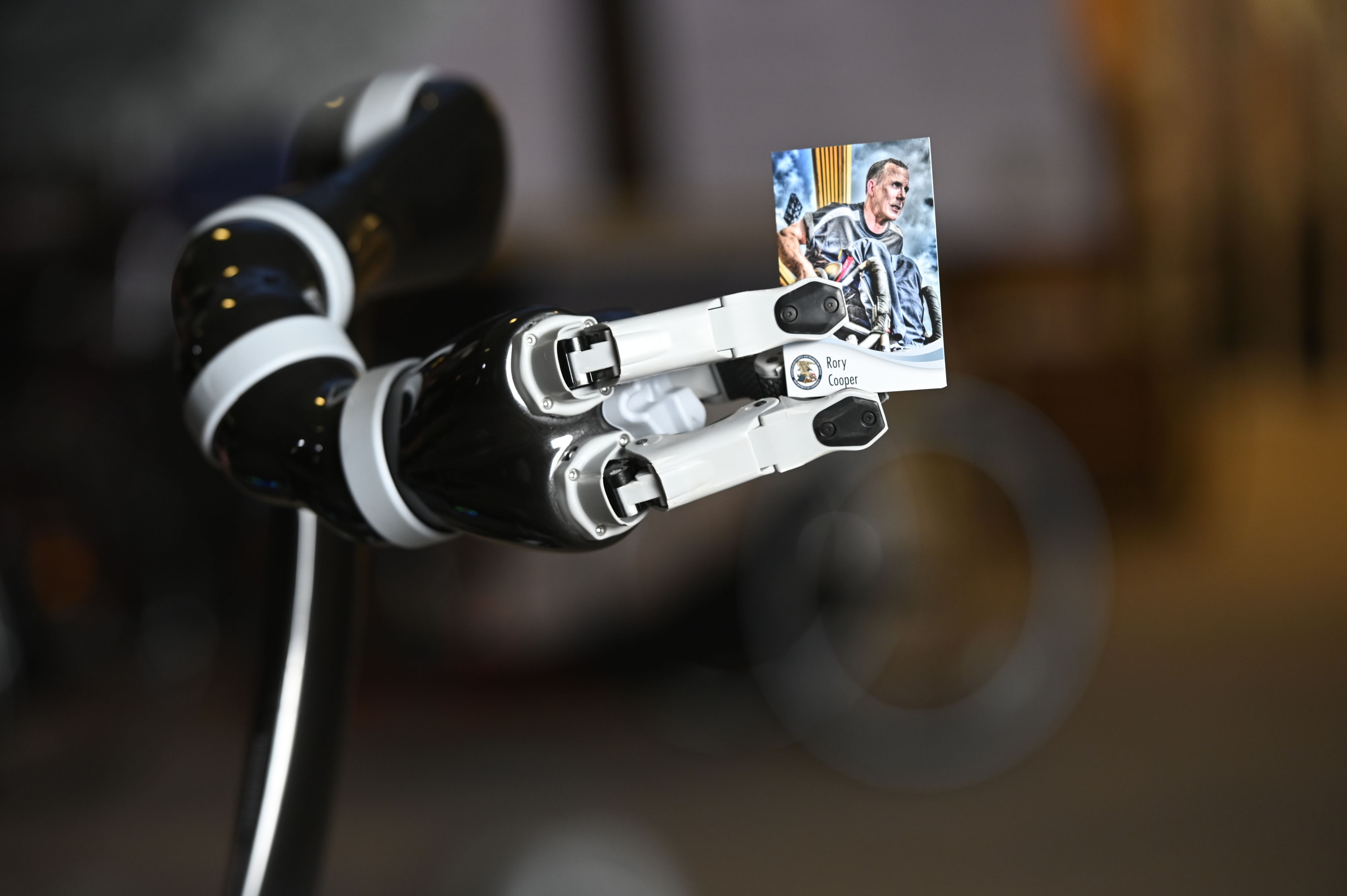
Pitt's Human Engineering Research Laboratories serves as the national Center for Wheelchairs and Assistive Robotics Engineering. Here, many exciting technologies to improve the mobility and function of disabled veterans and others are developed, patented, and ushered into the marketplace.
Pitt's Human Engineering Research Laboratories serves as the national Center for Wheelchairs and Assistive Robotics Engineering. Here, many exciting technologies to improve the mobility and function of disabled veterans and others are developed, patented, and ushered into the marketplace.
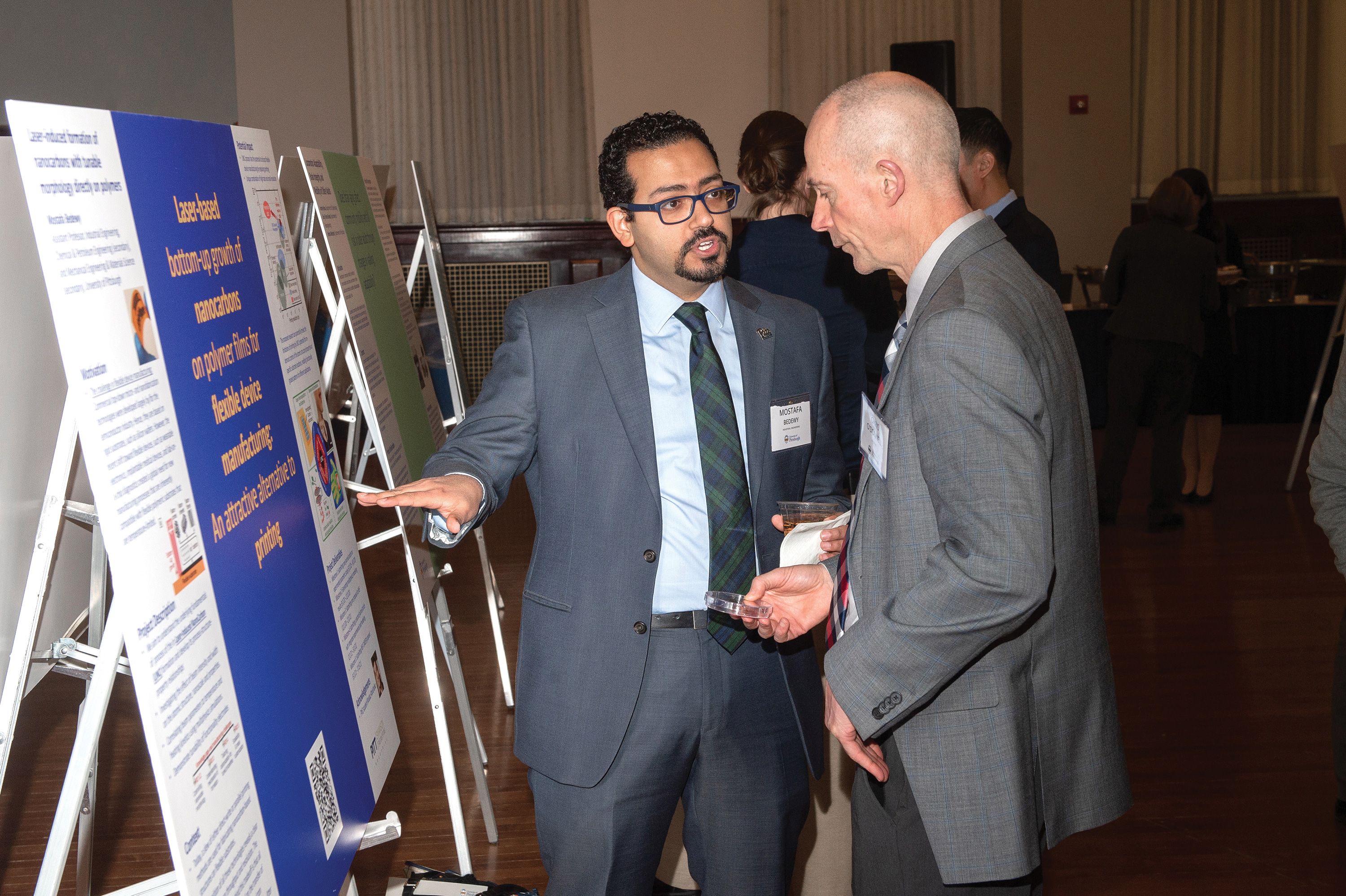
Momentum Funds help researchers to engage—at the early stages of collaborative projects; then, when building capacity; and at the scalable level.
Momentum Funds help researchers to engage—at the early stages of collaborative projects; then, when building capacity; and at the scalable level.
2. How does the University nurture those collaborations?
When I started at Pitt, one of my goals was to offer more institutional support to nucleate teams. At the enterprise scale, new research challenges often require other disciplines’ specialties. That doesn’t happen without resources. We must offer funding and coaching on how to build out teams.
We created the Big Proposal Bootcamp to get across two core ideas. First, that big proposals are not simply a bigger version of a single investigator or small group proposal; they have more parts and pieces. And second, that big proposals are strategic investments for funding agency program managers. Those solicitations are the culmination of detailed planning, and they attract more attention from Congress and the White House, and so agencies review and oversee them differently.
Each January, we begin with a cohort of 20 to 25 faculty members who meet weekly for 11 weeks. We tell them: “Imagine the biggest proposal you’ve ever written. Add a zero. Add another zero.” Things get different when they get big. But they do so in predictable ways. In bootcamp, we look at the structure of big proposals.
When you get toward the core of a big proposal, adjacent areas become important. For example: Does your proposal have a K–12 education plan? The National Science Foundation is really interested in that. Or, what about incorporating Diversity, Equity, and Inclusion? For every adjacency, there’s a Pitt scholar who focuses on that. Through bootcamp, I can find a specialist for your team.
When you create teams, you need concrete management plans. At bootcamp we learn how to do that. We talk about pitching to philanthropic foundations versus federal funding agencies. We invite faculty who have won major awards to present their projects as case studies, and we dig in. It’s dynamic; it’s often the first time participants have seen a proposal at scale. At the end, we have a pitch competition and give the winners money to build teams.
Collaboration is also supported through the tiered Pitt Momentum Funds. Teaming grants offer $60,000 for building teams and partner ecosystems, developing research strategy, and engaging with funder program managers. Scaling grants award $400,000 to “scale” research efforts by going deep on project planning, risk reduction and early results to better compete for large-scale funding. For both Teaming and Scaling awards, applications must involve faculty from at least three units across campus or involve at least one community partner.
We also have smaller one-year Priming awards of $25,000 to support individual scholarly excellence.
3. Can you talk about how Bootcamp helped Melissa Bilec’s Circular Economy research?
We cover team building in bootcamp. Melissa, a member of Eric Beckman’s $400,000 PMF Scaling Award team, used her training through bootcamp to lead a coordinated set of 5 NSF Growing Convergence Research proposals that have been awarded $2.54 million to date.
Through bootcamp, we engage researchers with the strategic planning processes of the agencies as they develop future solicitations for big awards. Melissa also applied for and won a $98,000 NSF grant to convene experts—from chemistry, biology, engineering, business, economics, social sciences and behavioral science—to define a research agenda for circular economy design from molecules to the built environment. Responding to those priorities articulated, the NSF incorporated that topic into NSF 22-583 as Track I Sustainable Materials for Climate Change. Melissa, collaborating with colleagues at the University of Georgia, then won $749,997 for a Phase 1 award under that solicitation.
4. In relation to collaboration, any comments on our engineering school’s 2021 partnership with Covestro to create the first-ever program on the Circular Economy?
The U.S. is relatively new to the concept of the circular economy, which embraces a holistic research, development and manufacturing approach to decrease global waste.
One of the best ways to advance research is through industry collaboration, like our new Covestro Circular Economy Program through the Mascaro Center for Sustainable Innovation, which Dr. Bilec co-directs. Through the program, Pitt students become experts in circular economy principles, create circular, sustainable products and service solutions, and work with companies, such as Covestro, to deepen their professional and research skills.
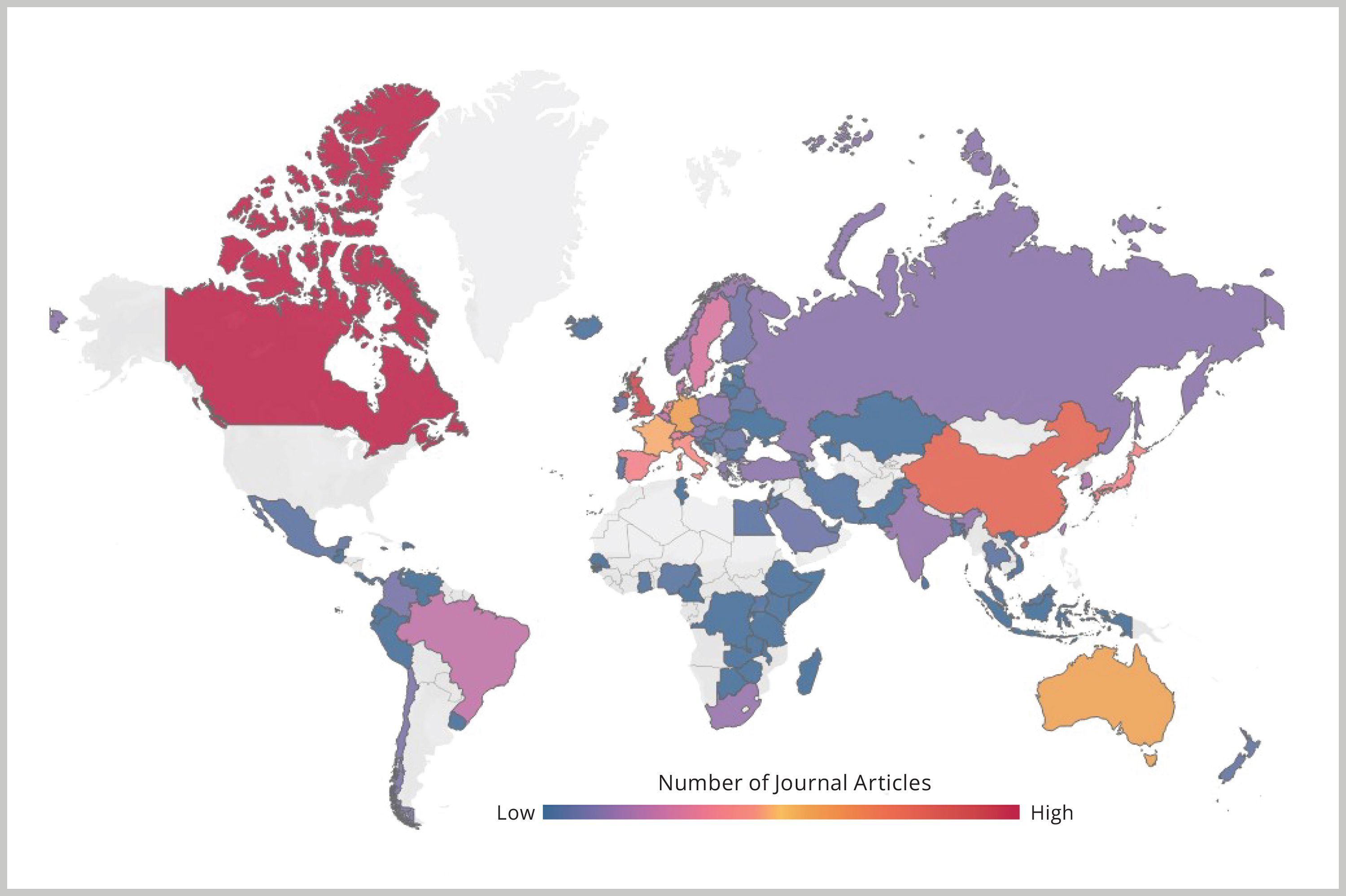
University of Pittsburgh researchers have published articles with members of 2,218 institutions in 103 countries.
University of Pittsburgh researchers have published articles with members of 2,218 institutions in 103 countries.
5. How does research benefit from a global outlook?
I’m organizing a panel about the wild new landscape of semiconductors and chips, which has suddenly become geopolitically complicated. I’m recruiting experts in Belgium and in Taiwan, because it cannot be a room full of Americans.
A leading university needs an international footprint because smart people are everywhere. If you have interesting colleagues someplace else, we want you to work with them. When someone says, “I need to share data with my partner at a university abroad,” or “I need to spend the summer over there,” that’s great. We are a global institution.
This content was paid for and created by the University of Pittsburgh. The editorial staff at The Chronicle had no role in its preparation. Find out more about paid content.


